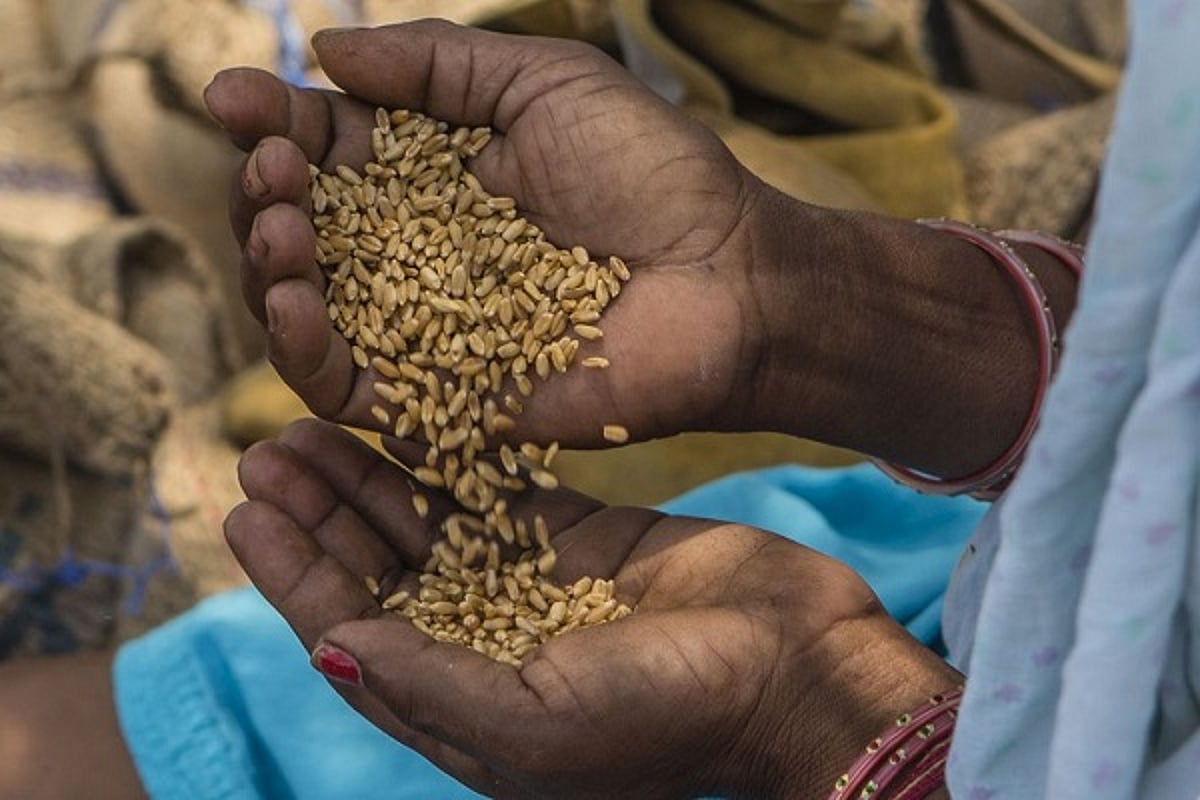Food Corporation of India’s Stance on States’ Request for Additional Foodgrains under Open Market Scheme

FCI Prioritizes Inflation Control, Rejects States’ Appeal for More Foodgrains
In a recent development, the Food Corporation of India (FCI) has made it clear that it will not entertain the requests made by several states for an increased allocation of foodgrains under the Open Market Sale Scheme (OMSS). This decision has received criticism from opposition-ruled states like Karnataka and Tamil Nadu, which claim that the restricted supply of foodgrains will adversely affect the underprivileged sections of society. However, FCI’s Chairman and Managing Director, Ashok K.K. Meena, emphasized that the primary objective of this measure is to curb inflation.
On June 23, Ashok K.K. Meena addressed reporters and clarified that the FCI has imposed a maximum limit on the quantity of foodgrains that can be sold through the OMSS. This limitation has been put in place to accommodate the requirements of small-scale wheat processors and traders. It is important to note that the state governments had alleged that this move was not in the best interest of the impoverished population.
The FCI’s decision to restrict the supply of foodgrains has sparked a heated debate between the Centre and the states. Opposition-ruled governments argue that the limited allocation will worsen the plight of the economically disadvantaged, as they heavily rely on affordable foodgrains provided through government schemes. However, FCI’s Chairman, Ashok K.K. Meena, stressed that the priority at present is to combat rising inflationary pressures.
The Open Market Sale Scheme (Domestic) is a crucial mechanism implemented by the FCI to ensure the availability of essential commodities in the market and maintain stable prices. By imposing a limit on the quantity of foodgrains to be sold through this scheme, the FCI aims to strike a balance between the interests of small-scale processors and traders, and the larger objective of controlling inflation.

While the opposition-ruled states express concerns over the impact of this decision on the underprivileged, it is important to recognize that the FCI’s approach aims to address the needs of various stakeholders within the food industry. By accommodating the requirements of small wheat processors and traders, the FCI intends to support their growth and contribute to a more equitable distribution of resources.
The FCI remains committed to its mandate of ensuring food security and managing the procurement, storage, and distribution of foodgrains across the country. While the current decision regarding the OMSS may be met with opposition, it reflects the FCI’s strategic approach to strike a balance between the interests of different stakeholders and the larger goal of curbing inflation.
In conclusion, the Food Corporation of India’s decision to reject the states’ appeal for additional foodgrains under the Open Market Sale Scheme is driven by its priority to control inflation. FCI Chairman Ashok K.K. Meena has clarified that the limitation on the quantity of foodgrains sold through OMSS is aimed at accommodating small wheat processors and traders. While opposition-ruled states express concerns about the impact on the underprivileged, the FCI’s approach seeks to strike a balance between various stakeholders and ensure equitable resource distribution. Despite the criticism, the FCI remains committed to its objective of food security and effective management of foodgrain procurement and distribution across the nation.
